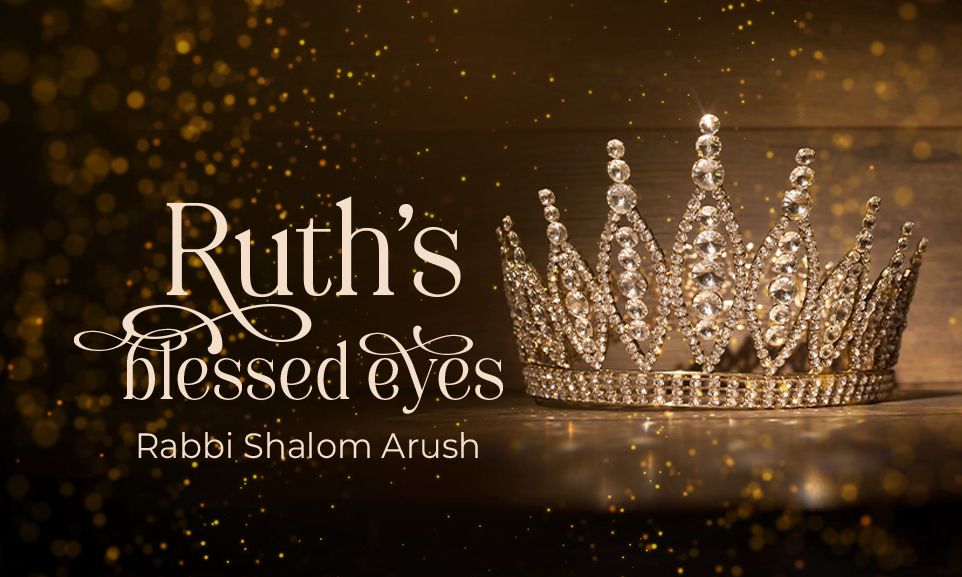
Ruth’s Blessed Eyes
Shavuot: Ruth the Moabitess came from a spiritually disadvantaged background. How did she merit to become the great grandmother of Hashem's anointed King David?

Ruth the Moabitess was a magnanimous women (see Zohar, Vayakhel). She left her blessing wherever she went. Let’s preface our story with an understanding of three Torah commandments that are connected to the wheat harvest – leket, shichecha, and peah – gleaning, forgotten bundles and the uncut portion.
Leket: When the harvesters cut the wheat stalks and bundle them, individual stalks slip out of their hands or out of the bundles and fall on the ground. The harvest workers are not allowed to pick them up, but must leave them for the poor to glean afterwards.
Shichecha: At the end of the day after all the bundles have been gathered from the field, the farmer or his workers may not collect individual forgotten bundles that were left in the field.
Peah: The farmer must leave an uncut pass in the field as charity for the poor, who are allowed to harvest this grain for themselves.
The Book of Ruth describes how Ruth accompanied her mother-in- law Naomi who returned to the Land of Israel, both of them widows and both of them destitute. Ruth went to glean wheat with the other poor people, and through Divine Providence, came to the field of Boaz who was a distinguished elder of the tribe of Judah and a relative of Naomi’s deceased husband. Boaz noticed that Ruth was a modest young woman of superior character. Ruth would look at nothing except her immediate surroundings, not paying attention to other people and what they were doing.
law Naomi who returned to the Land of Israel, both of them widows and both of them destitute. Ruth went to glean wheat with the other poor people, and through Divine Providence, came to the field of Boaz who was a distinguished elder of the tribe of Judah and a relative of Naomi’s deceased husband. Boaz noticed that Ruth was a modest young woman of superior character. Ruth would look at nothing except her immediate surroundings, not paying attention to other people and what they were doing.
Our sages explain that confining our gaze to our immediate surroundings is a sign of humility. Ruth was happy with the few sheaves and grain heads that Hashem was giving her by gleaning behind the harvesters in Boaz’s field. Her eyes were not like a tank turret looking from side to side trying to find out how much other people were gleaning or attempting to see if an adjacent field might provide a more lucrative opportunity. She didn’t lift her eyes from the four cubits (about six feet) immediately in front of her.
Ruth’s great grandson, King David, could make a similar statement: “Hashem, my heart was not proud [literally, high] and my eyes were not haughty [literally, lifted]” (Psalm 131.1). The Midrash explains that King David remained humble even when Samuel the Prophet anointed him and he didn’t boast even when he killed the mighty Goliath (see Bamidbar Raba, ch. 4). He inherited his outstanding character from his great grandmother Ruth.
Arrogance, “haughty eyes”, stems from heresy, a lack of belief in the Divine providence that Hashem provides for each individual in a highly precise manner. The arrogant person is never satisfied with his lot in life and always wants more. He grabs as much as he can get everywhere he goes, for he always feels that he’s missing out on something. And, he’s always looking at others.
The righteous, like our forefather Abraham, never lift their eyes unless in the service of Hashem.
Boaz also noticed that Ruth was magnanimous, bashful and delicately refined with no hint of brazenness at all. She was extremely modest, the opposite of the immodest women who are extremely brazen.
Boaz told Ruth, “Put your eyes in the field” (Ruth 2:9), namely, stay in my field, for your magnanimity and good eyes bestow a blessing wherever you go.
The Zohar says that Ruth’s “good eyes” brought a miraculous blessing for Boaz, for whatever she gleaned, the field simply yielded more and more. Boaz also noticed that Ruth had a pure and holy spirit, the result of her “good eyes”. Ruth shows how even a person from a spiritually disadvantaged background can rise to the loftiest spiritual heights through emuna and devoted effort. No wonder she became the great grandmother of King David, Hashem’s anointed. This is ever so significant, because Shavuot is also King David’s yahrtzeit. This is amazing, because Shavuot – the day we receive the Torah – is actually the national birthday of the Jewish People, the day when we enter as a nation the holy covenant with Hashem, where we commit to observe the Torah and uphold its commandments. We see how closely King David – Hashem’s anointed and the ancestor of Mashiach – is entwined with the nation that he leads, may we merit to see Mashiach and the rebuilding of our Holy Temple in Jerusalem in the nearest future, amen!


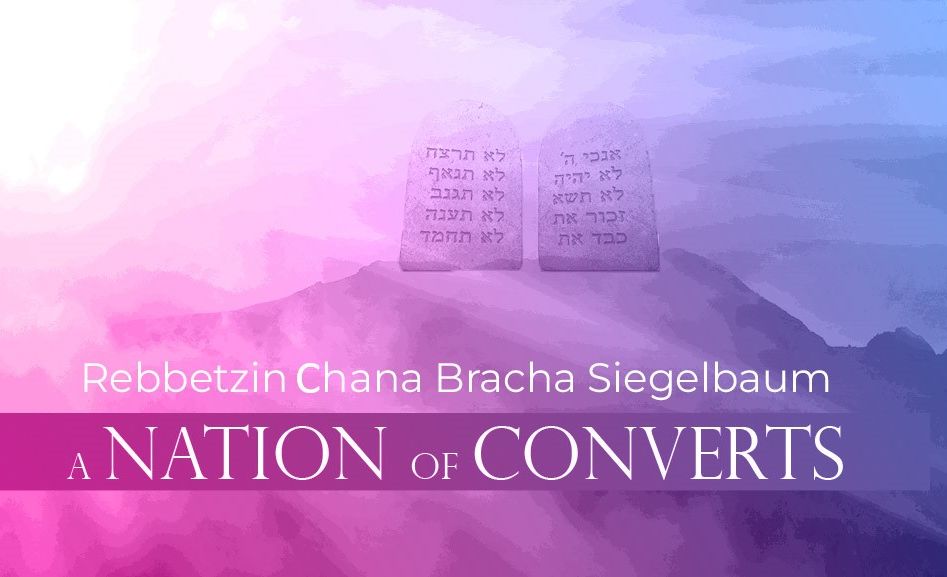
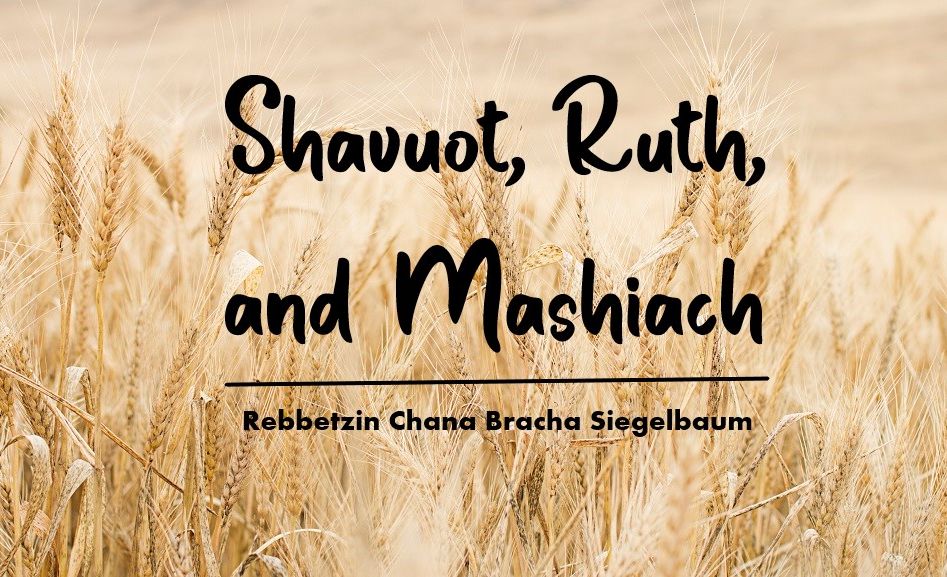
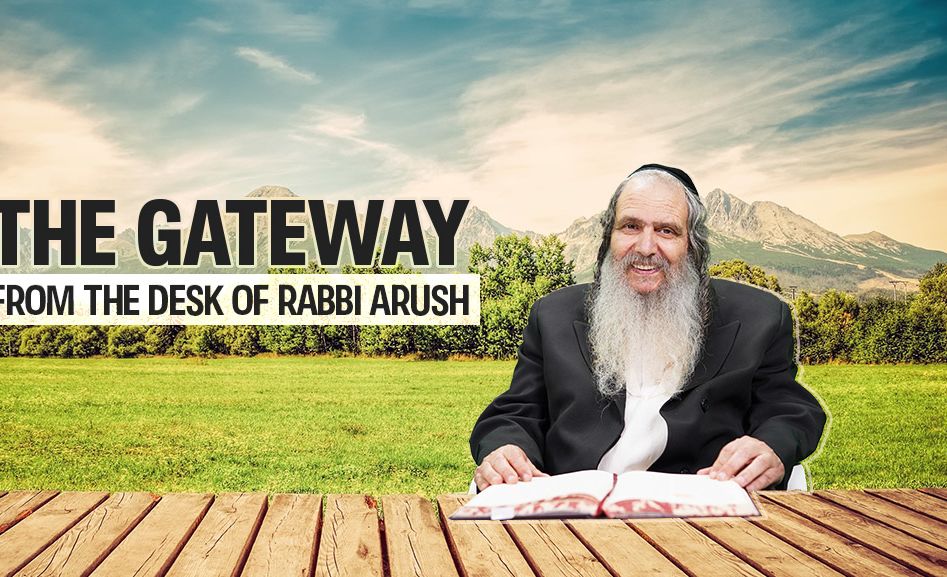
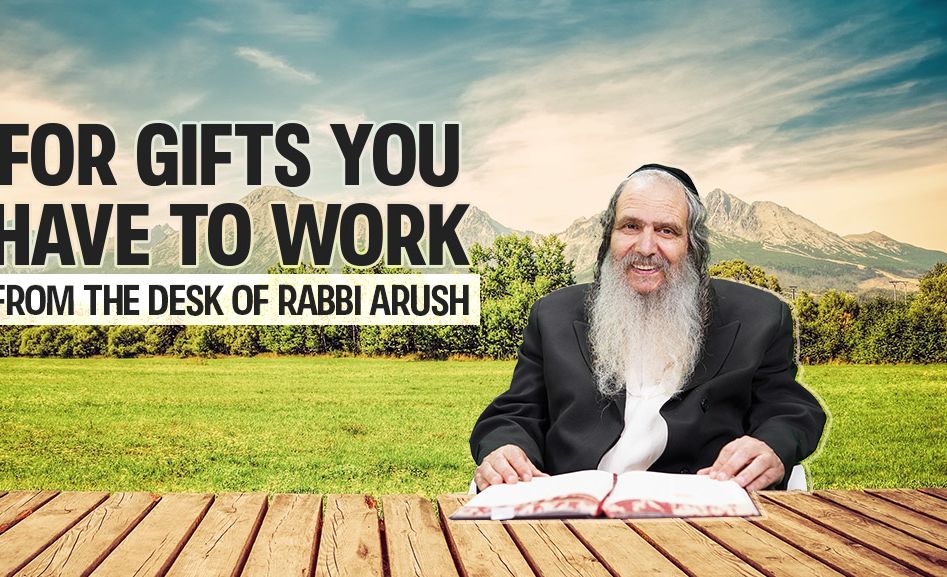
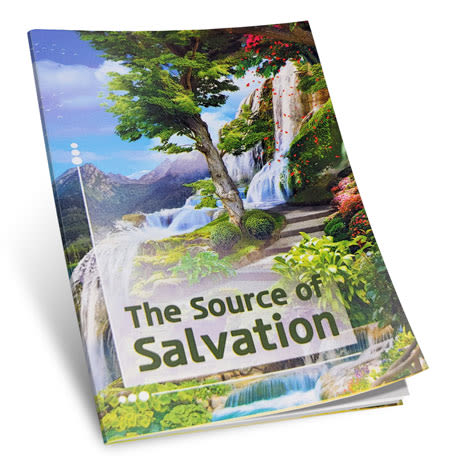
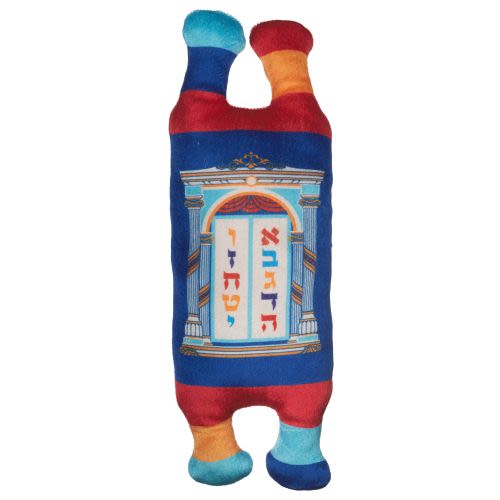
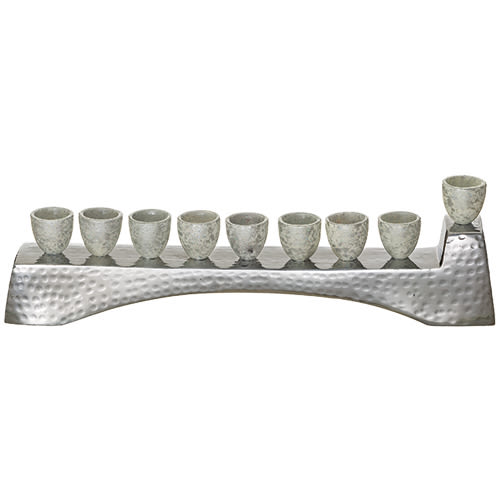
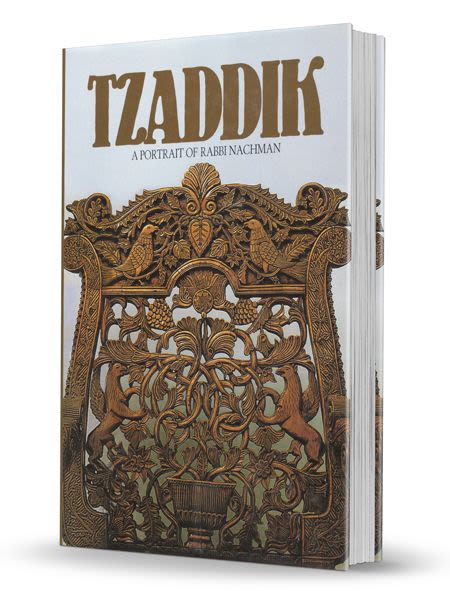
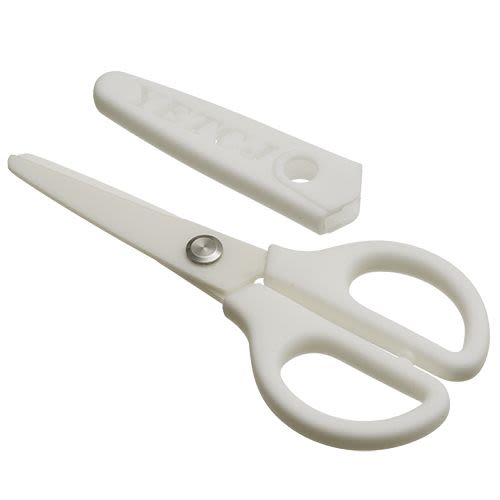
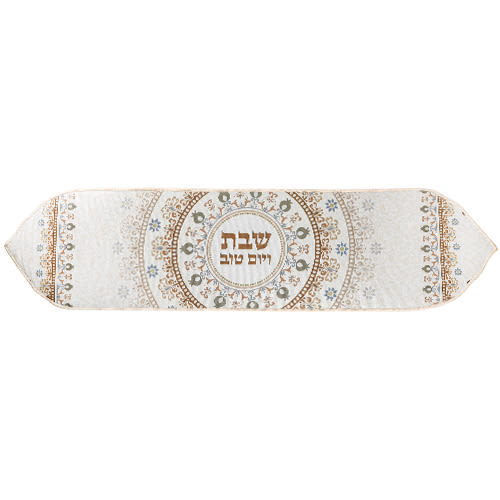
Tell us what you think!
Thank you for your comment!
It will be published after approval by the Editor.